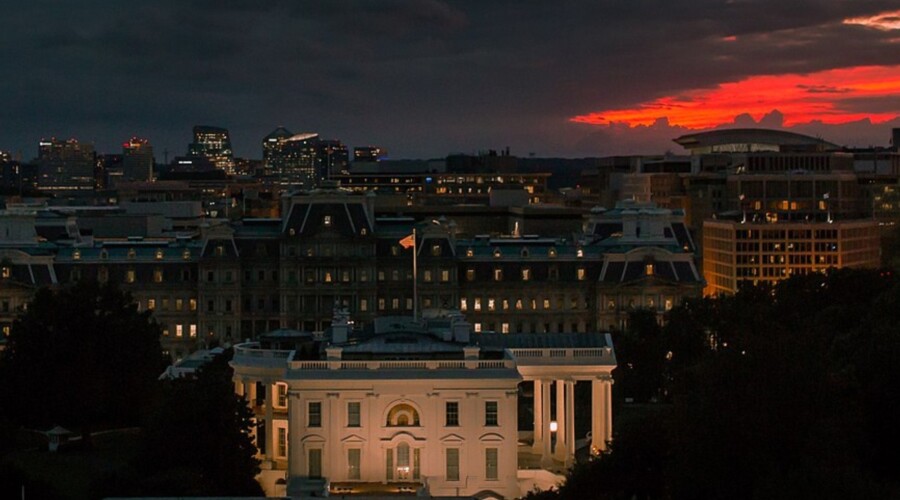It is hard to sum up the number of generation-defining events that have taken place this year.
We find ourselves facing a new international order on the heels of 64 national elections, wars in multiple regions, lives and society fundamentally altered by AI-related technologies, and the shocking pace and scale of climate change.
The time-honored values of democracy, cooperation, pluralism, and humanitarianism are being put to the test.
In February 1914 as World War I loomed, Andrew Carnegie founded Carnegie Council to bring ethics to bear in a world where an old order was falling apart, and a new one seemed possible.
It was a moment in many ways like today.
Amidst this slow-moving crisis, Carnegie believed that war was a choice that could be avoided by human reason and a commitment to universal moral principles. There was an urgency to Carnegie’s effort as he sought to organize a response to blood and soil nationalism, the arrogance of imperialism, and the brutality of war.
While the catastrophic momentum of World War I proved too hard to stop, over time, Carnegie-inspired responsible internationalism would gain traction. It would become institutionalized in international law and organizations even as it was hotly debated and opposed by nationalists and isolationists.
I believe we are living through another moment when an old order is fading away, and a new one is struggling to emerge. We must then ask: What values and principles are at stake?
The four essential principles most at risk are the commitment to international cooperation, the defense of democracy, the idea of fidelity, and the humanitarian imperative.
- The commitment to international cooperation is a moral proposition because it goes to the essence of ethics—recognizing what is common for all, while managing the intrinsic and inevitable differences between and among people. To simply assert power is irresponsible and, in the end, counterproductive. To retreat entirely is similarly unprincipled and short-sighted.
- The defense of democracy in the U.S. and globally requires confronting autocrats who discriminate based on ethnicity, gender, and religion, and who deny basic freedoms to their citizens. The leaders we admire most throughout history managed to combine conviction and humility in standing up for universal human values. We should be mindful of their examples.
- Fidelity means honesty, integrity, and a good-faith effort at serving the truth. Rhetoric certainly matters, and in an age of disinformation, leaders must fight against lies, willful deception, and deliberate misrepresentation of facts. If leaders fail to offer a robust response to disinformation, we risk the complete erosion of the very institutions they purport to serve.
- The humanitarian imperative is the duty to save lives and alleviate suffering through humane and equal treatment. As violence and cruelty abound in conflict zones around the world, mounting effective humanitarian responses remains the essential moral imperative of our time.
Given the risk to these principles, it is more important than ever to have a place to gather, convene, and work together. From our Global Ethics Hub in New York City, Carnegie Council for Ethics in International Affairs proudly serves this role.
The Council is pressing forward with an agenda that centralizes a recommitment to values-based decision-making and ethical leadership defined by embracing the qualities of rigor, empathy, intellectual curiosity, and humility.
Carnegie Council is one of the few remaining institutions committed to this work.
If we give up on the principles of international cooperation, democracy, fidelity, and humanitarianism as our north stars, we will be lost. As history has clearly shown, the alternatives are violence, autocracy, and open corruption—not the world that Andrew Carnegie envisioned, nor one that we should accept.
Through our work in next generation leadership development, the Global Ethics Hub, Accelerator workshops, and Impact Initiatives, Carnegie Council will continue to champion the vision of international peace and cooperation that remains our mission.




